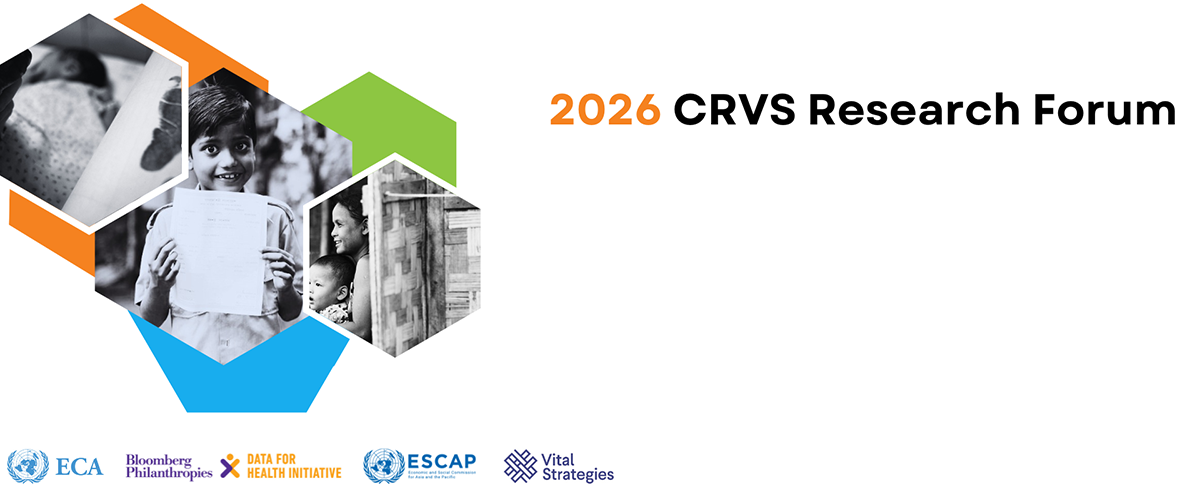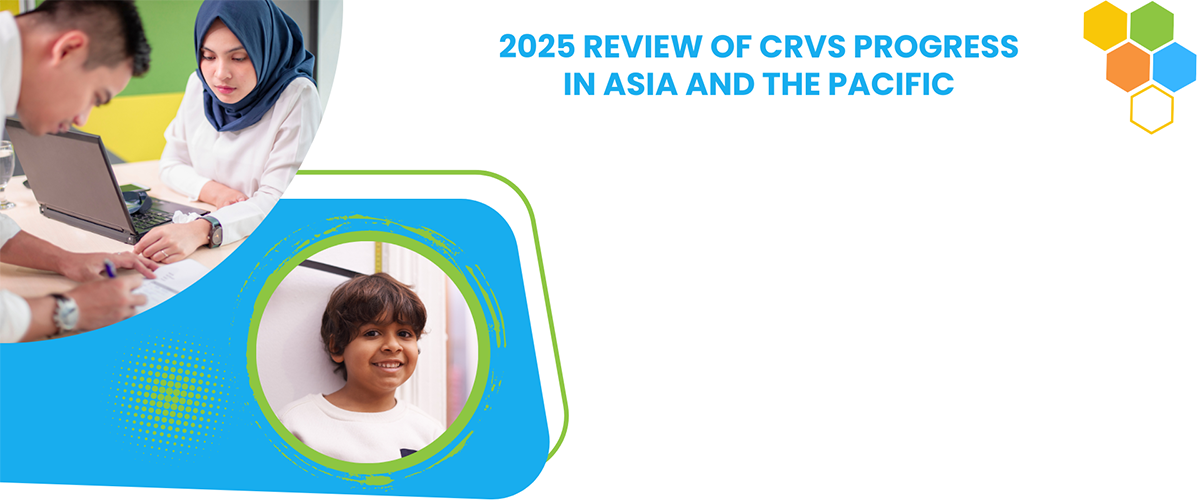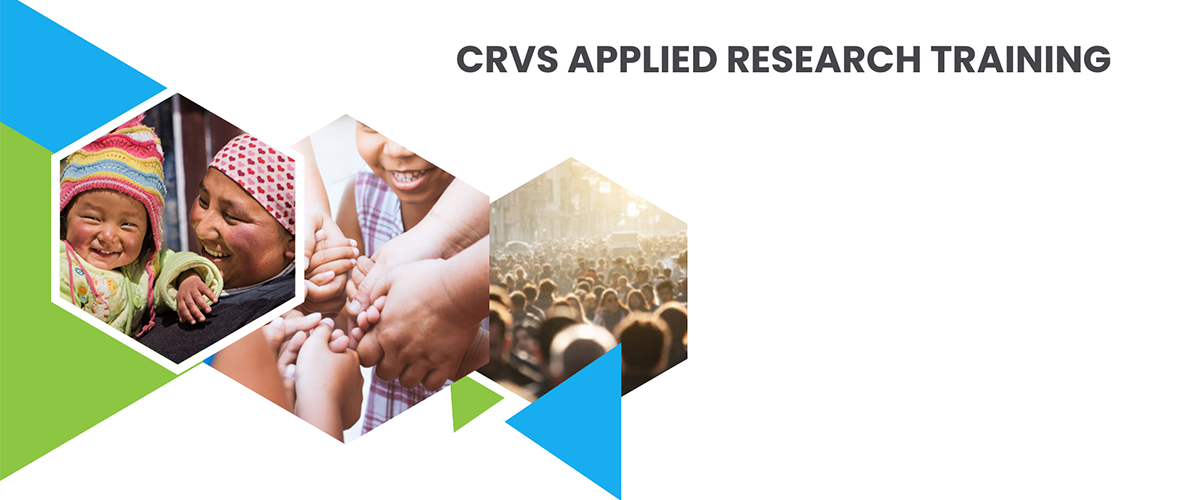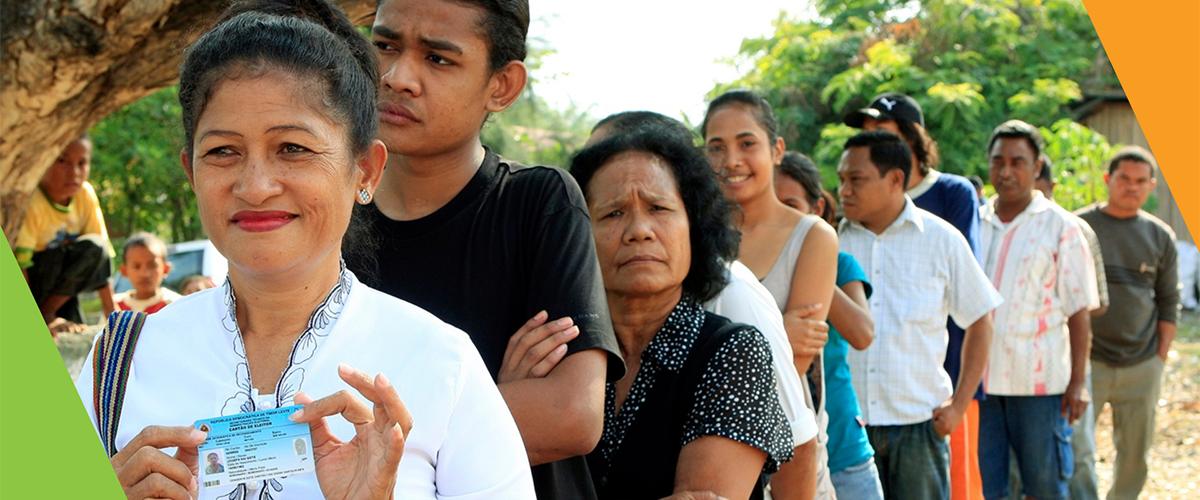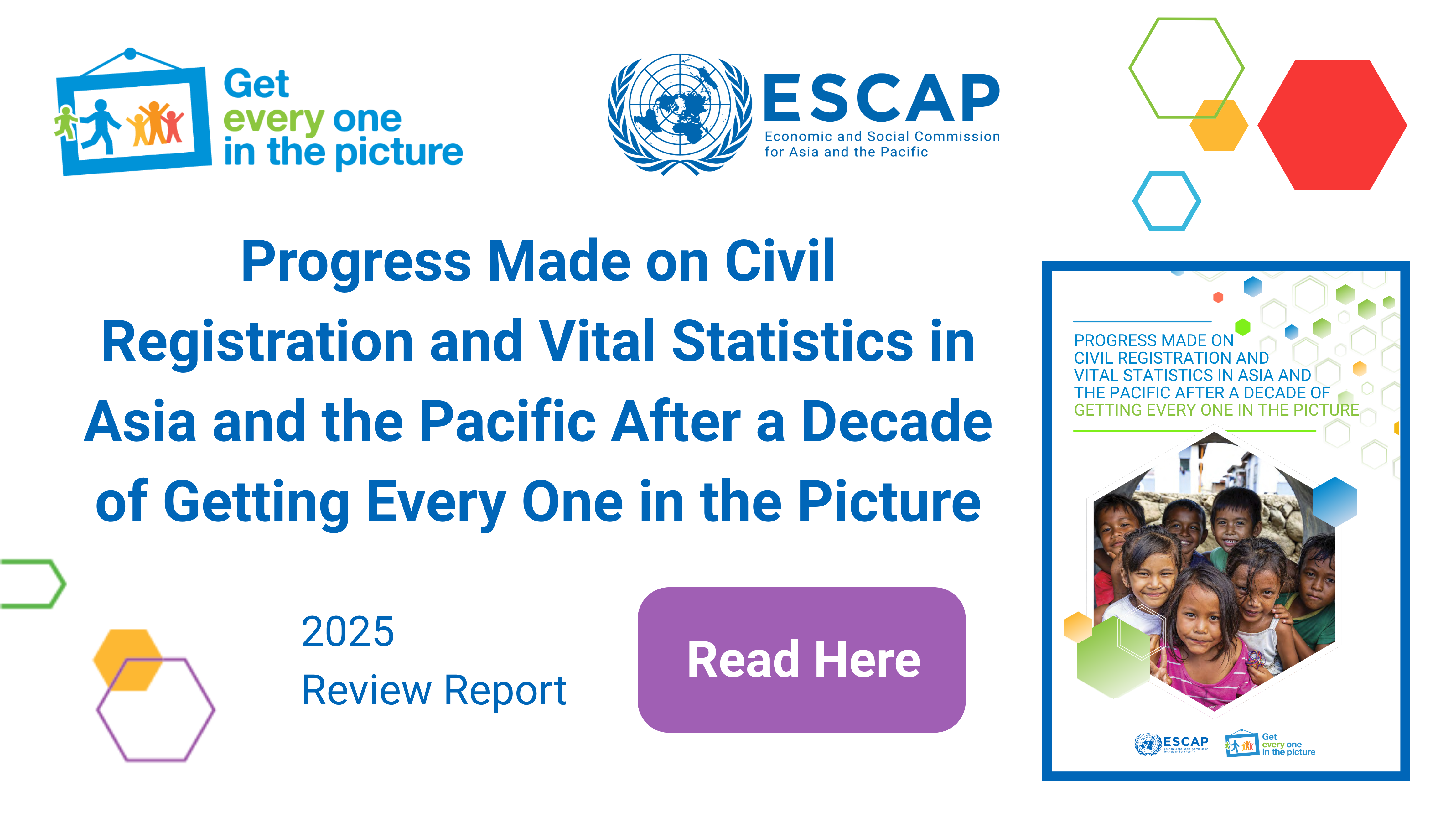Ministerial Conference: Fact sheet
The 2nd Ministerial Conference on Civil Registration and Vital Statistics (CRVS) in Asia and the Pacific will be held from 16-19 November 2021 in Bangkok, Thailand. The virtual event will mark the midpoint in the Asia-Pacific CRVS Decade (2015 – 2024), the shared vision declared at the Ministerial Conference on CRVS in 2014 to “Get Every One in the Picture” and ensure, by 2024, that all people in region will benefit from universal and responsive civil registration and vital statistics.
This document describes the core topics and ambitions of the conference.


